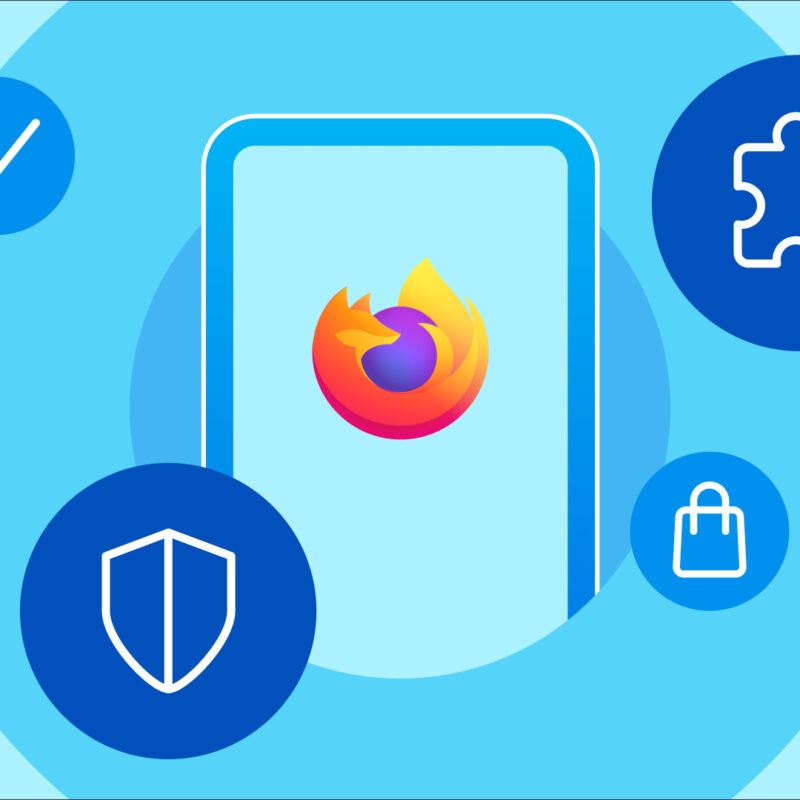Relationships and Technology: It’s Complicated
In June, Mozilla sponsored live storytelling events in partnership with The Moth (they run great storytelling events all over the world) where people had a chance to get up and tell their own stories about how technology is changing their relationships. Relationships with loved ones have always had the potential to be… complicated, and that’s not a new thing. But the way we communicate with our friends and family has changed rapidly. It wasn’t that long ago that long distance telephone calls were a luxury, and today we’re using texts and video calls, and disappearing Snapchat stories, and who knows what else!
Modern Day Proposal
One of the storytellers in Portland, Oregon — Mauricio Marte — told a story that was entertaining, and also showed the ways in which the immediacy, intimacy, and transparency of our communications can throw a group of friends into total disarray…
Give it a listen:
Technology for Building Relationships, Rather than Tearing Apart
Mozilla cares a lot about how people treat each other, online and off. We even added it into our organization’s manifesto this year with the new statement that:
We are committed to an internet that promotes civil discourse, human dignity, and individual expression.
If you care about how we treat each other as well, here are a few more things you can check out to understand what we’re facing, and think about how technology can be a tool for building relationships more than tearing them apart.
- Mozilla’s IRL podcast has a new episode out focused on exactly this issue. It’s called “Virtual Connections,” and it takes a closer look at some crazy and meaningful ways that technology and the internet are impacting interpersonal relationships. This episode is great — but so are the others! Consider subscribing to get them all.
- For romantic relationships, the impact of the internet has been nothing short of a seismic shift. An online dating coach named Laurie Davis Edwards tells us about how the Web has changed dating forever, how the role of authenticity in dating has changed (and not necessarily for the better).
- The tools we use to connect might be changing, but our desire for connection is pretty much the same. It’s a good reminder that we should examine our tools sometimes and evaluate if they’re working for us, and also have empathy for others who are seeking connection, even if they’re seeking it in ways that don’t make sense to us. Learn more about this in Genevieve Bell’s piece about the innate desire we have for connection.
Special Thanks
Special thanks to Mauricio Marte for sharing his story with us. When we asked him what he thought about technology and our relationships, he said:
I think everything has the potential to jeopardize relationships when you boil it right down to its bare bones. Relationships are so fragile that with or without technology there will always be hurdles to jump. Technology does have a unique way of creating new problems that may have not existed without the platform of social media and cell phones. But as times move forward and technology advances, I believe it will serve as a tool for relationships that have strong bonds to grow even stronger. It’s a new element for the evolution of friendships, relationships and overall connections and those that can adapt, will and they’ll be the ones who’ll keep expanding on the idea of what others consider to be romantic.
Right on.
Mauricio Marte is a comedian, writer, actor, and storyteller. He’s traveling across the country working on radio shows and podcasts as both host and guest and wanted you to know that he has some upcoming events as part of the Invisible Spectrum Stories series in Portland, Oregon — August 20th, October 22nd and December 17th.
Want More?
If you’re interested in learning more about how the internet is both building and also confusing relationships, check out Mozilla’s original podcast IRL: Online Life is Real Life.
In IRL’s Virtual Connections episode, Chloe Stuart-Ulin gives a first-hand account of her life as a “closer” for an online-dating service; we hear a dramatic, real-life story about a woman who finds her biological parent online; and Emma Brockes talks about how we can all maintain humanity while interacting with others on the internet.


